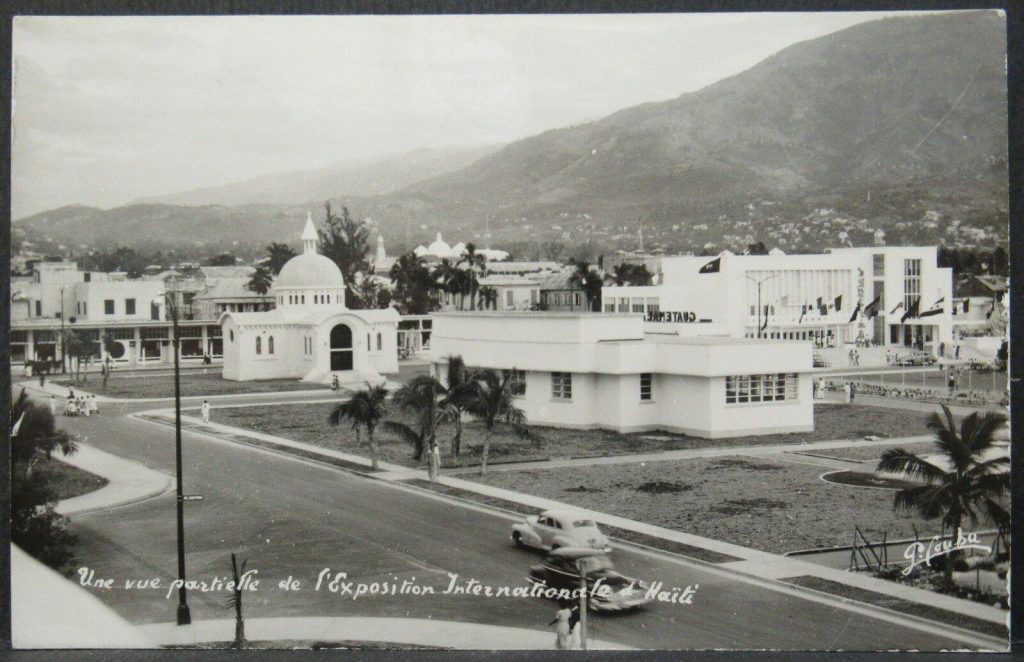This glossary provides brief definitions of key terms and concepts related to Haitian history. It is a work in progress, designed to serve as a reference tool for foundational understanding. Please note that these definitions are introductory and not exhaustive.
C
Cacos: Cacos were “peasant mercenaries” who “based their partisanship on traditional kinship, godfather connections, and other clientelistic relations (compèragé) as well as regional loyalties. The reward for supporting particular candidates [seeking the presidency] often included the right to pillage cities and towns that fell prey to revolutionary struggles, looting the homes and properties of their patron’s adversaries. Presidential candidates paid their cacos with funds advanced by supporters, who could include wealthy Haitians as well as foreign merchant-bankers.” For most U.S. Marines who invaded Haiti in 1915, the cacos were simply seen as bandits. (Source: Haiti and the United States: The Psychological Moment by Brenda Gayle Plummer)
I
Indigénisme: “a cultural nationalist movement that resisted racism of the U.S. occupier [during the decades of the Marine occupation of Haiti, 1915-1934] by revalorizing the African over the European elements of Haitian culture…In his 1928 work of ethnography, Ainsi parla l’oncle, Price-Mars famously urged his compatriot to cease their “bovarysme collectif,” their imitation of all things European, and return their gaze to vodou-practicing , kreyol-speaking black peasantry as the source of a national identity and an authentic national literature.” (Source: Migrant Revolutions: Haitian Literature, Globalization, and U.S. Imperialism by Valerie Kaussen)
M
Metayage: “The system of ‘metayage’ is a form of economic arrangement, similar to the sharecropping system, in which a peasant works on a piece of land that she or he does not own. The rent takes the form of cash and/or product, and there is a contract between the owner of the land and the direct producer. The terms of the contract as well as the nature and proportion of the rent vary.” (Source: “Gender and Politics in Contemporary Haiti: The Duvalierist State, Transnationalism, and the Emergence of a New Feminism (1980-1990)” by Carolle Charles)
N
Négritude: “Négritude is a cultural movement launched in 1930s Paris by French-speaking black graduate students from France’s colonies in Africa and the Caribbean territories. These black intellectuals converged around issues of race identity and black internationalist initiatives to combat French imperialism. They found solidarity in their common ideal of affirming pride in their shared black identity and African heritage, and reclaiming African self-determination, self–reliance, and self–respect. The Négritude movement signaled an awakening of race consciousness for blacks in Africa and the African Diaspora. This new race consciousness, rooted in a (re)discovery of the authentic self, sparked a collective condemnation of Western domination, anti-black racism, enslavement, and colonization of black people. It sought to dispel denigrating myths and stereotypes linked to black people, by acknowledging their culture, history, and achievements, as well as reclaiming their contributions to the world and restoring their rightful place within the global community.” (Source: Africana Age – Schomburg Center for Research in Black Culture)
Noirisme: “Matthew J. Smith (2004) defines Noirisme as an ideology “which advocated total control of the state apparatus by black representatives of the popular classes.” This, as Smith points out himself, would be an incomplete definition of what Noirisme meant in Occupation and post-Occupation Haiti. At best, the noirisme ideology should be understood as radical, psychological, cultural, ethnological and political ideology, which argued for black supremacy in Haitian politics. While some appreciate noirisme to be Haiti’s form of Négritude, Michael Dash (1981) is right in his assessment that most Négritude writers were quick to distance themselves from noirisme when they realized the extent of its radicalism. Noirisme is often associated with the politics of François Duvalier but, it would be a mistake to assume that all Noirists supported Duvalier’s candidature at the 1957 election, or that they supported his presidency afterwards.
P
Politique de Doublure: Was a political system mostly used in the nineteenth century by “mulatto” politicians whereby “controllable, preferably elderly and illiterate black generals were made president of the republic to create the illusion that the government was in fact reflective of the Haitian people and in league with their interest.” (Source: Haiti: The Breached Citadel by Patrick Bellegarde-Smith)
T
Tontons Macoutes: “A private, violent, paramilitary organization of several thousand men established by President François “Papa Doc” Duvalier in 1958. Tonton Macoute is a scary character in Haitian folklore, generally represented as an old man with a Macoute, or bag, in which he puts children. The Tontons Macoutes – their official name was Volunteers for National Security – beat, terrorized, harassed, tortured, raped, and killed both real and suspected political adversaries.” (Source: inmotionaame – Schomburg Center for Research in Black Culture)
